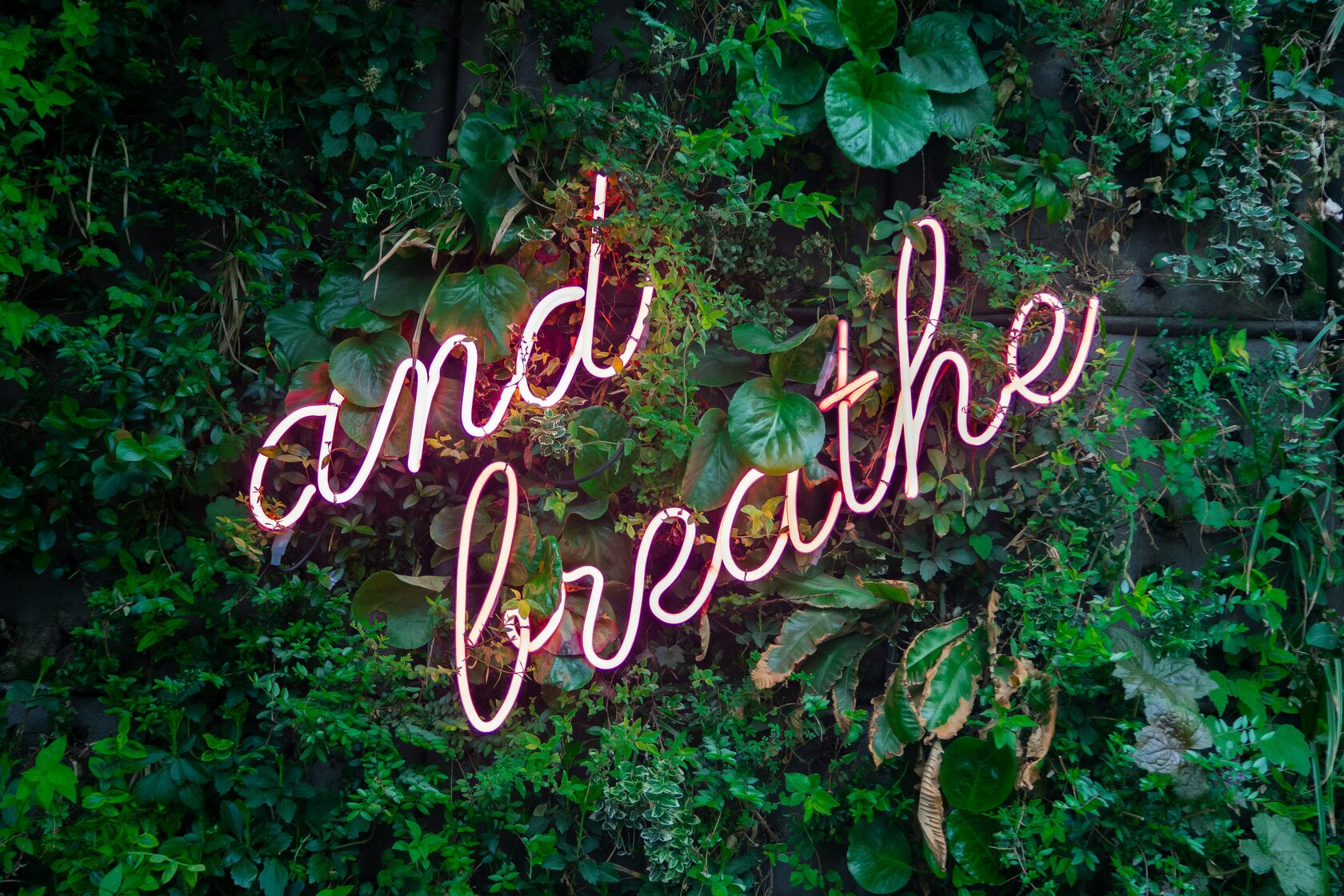Let’s start with a few facts:
- Pre-pandemic, only 5% of American employees worked from home. In May 2020, that number shot up to over 60%. Our own survey of Fortune 500 executives shows a similar increase, from 16% to 65% of staff working virtually. [Remote Work Productivity Study]
- Employees in the hybrid world are 1.27 times more likely to struggle to disconnect from work than employees in the on-site world. [Gartner]
- Employees are struggling to know when and how to switch off at the end of their workday, with 40% of hybrid or remote employees reporting an increase in the length of their workday in the past 12 months. [Gartner]
- 40% of hybrid or remote employees report an increase in the length of their workday in the past 12 months. More meetings, in turn, creates more employee fatigue. [SurveyMonkey]
So what does this mean? Simply, we have to prioritize wellness. Alessandra Knight, co-founder and CEO of katch, says, “Being remote first allows people to prioritize what is most important in the moment. Many times that is work, however, when it’s not it gives you the opportunity to prioritize what matters in the moment. Sometimes it is that yoga class in the middle of the day and that is okay. Your well-being is the priority.” At katch, we recognize the importance of prioritizing well-being and, we thought we’d share our 4 quick and easy tips to maintain your mental wellness.
Unplug
Do you find yourself sitting at your desk, yawning, drinking 4 cups of coffee before 11am, wondering why you can make sense of your thoughts? Then you probably need to unplug. Ah yes, the age old recommendation–turn off your phone, mute your Slack notifications, go for a 5 minute walk, ignore your emails, and just…relax. “But how can I turn my brain off?” you might ask? Try listening to a meditation playlist on Spotify, maybe try a new recipe, or perhaps a yoga session via YouTube.
Reconnect
For many of us, WFH has meant becoming less and less connected with the people we see, and care about, the most: from friends and family, to colleagues at work. But as we’ve come to understand, too much of a good thing can become bad very quickly. During these COVID times, it becomes harder and harder to connect with the people who once made up our day-to-day life. So, the solution? Reconnect more thoughtfully, when it makes sense for you and the other person. And the great thing about that is, we can help. Send a katch, connect when and where you’d like.

Create a Plan
One of the biggest issues many of us (at some point face) is organizing our lives. Whether we’re trying to plan out a project for work, or plan a COVID safe birthday party, organization and attention to detail is more important now than ever. In a time where many things are out of our control, realizing that everything is going according to plan can be a huge sigh of relief. Jotting down a quick ToDo list, or planning out your entire day (for the next day) from start to finish, will help alleviate stress that could otherwise make life that much more difficult.
Put Your Mental Health First
With WFH in full effect, it’s extremely important to focus on your mental health. With the overload of meetings, the constant conversation around Zoom fatigue, and the typical work stresses, mental health is more important than ever! Did you know that “32% of people find themselves thinking, “this meeting could have been an email” all or most of the time” and “63% of workers at companies with 5,000 or more workers point to “keeping meetings short” as a way to improve meeting quality”. This means that we need to take a hard look at reality and really understand how this impacts our mental health, productivity, and work effectiveness. This is what katch is all about!
As WFH and hybrid working models continue to become more and more relevant, mental wellbeing and mindfulness need to take a front seat.
“Building a remote first team is important because it allows people to be flexible with their time and prioritize both work and personal responsibilities. When we give ourselves permission to prioritize both, I feel it can impact your mental wellbeing,” says Alessandra. She continues by stating that, “traditional workplace is not a bad thing, however, as society and culture evolve many core functions in a ‘traditional workplace’ can be circuitous in the outcome we’re trying to achieve”. Long gone is the 9-to-5 workday; we’re introducing work efficiency.
Interested in continuing the conversation? Reach out to me at Ale@gokatch.com.



